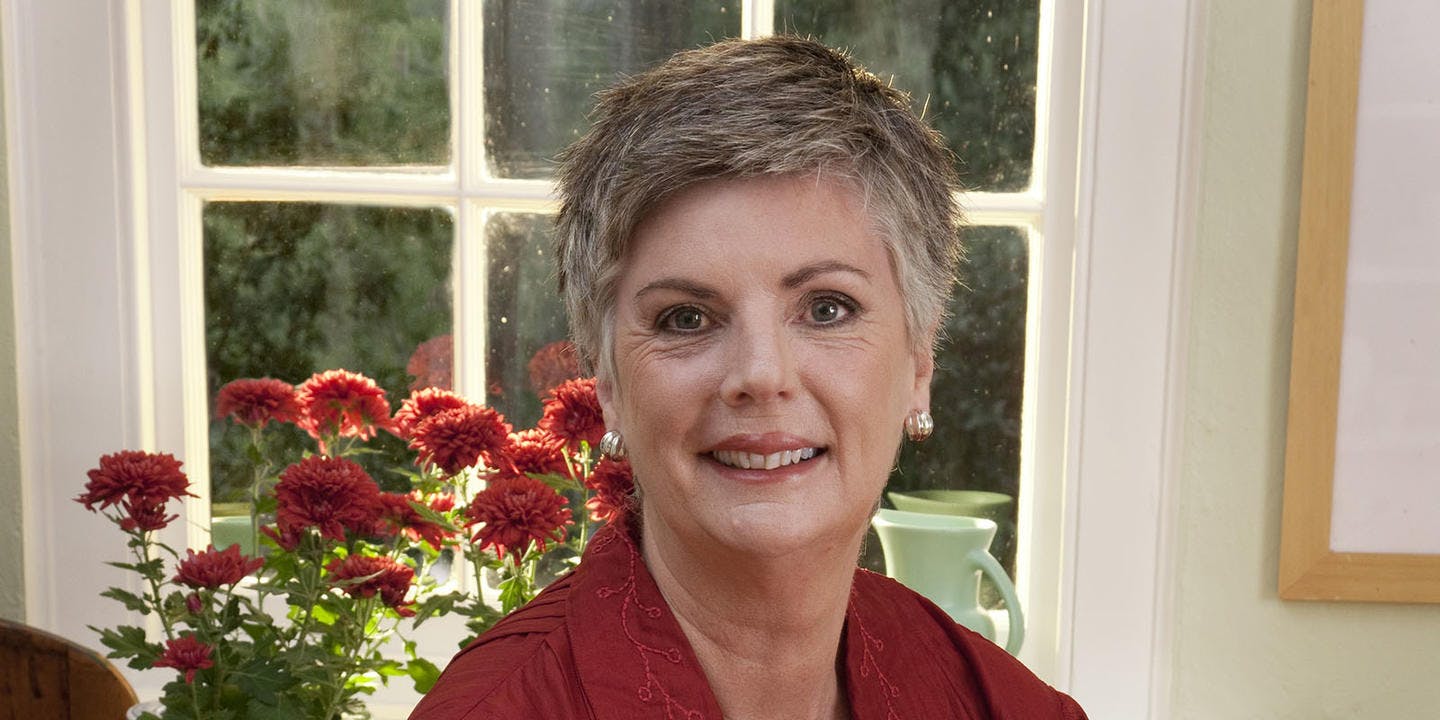The House on the Hill author Susan Duncan answers our questions.
The House on the Hill is the third memoir from Susan Duncan, author of bestsellers Salvation Creek and The House at Salvation Creek. At this stage in her life, Duncan’s come to the realisation that there’s no point in sweating long-term ramifications. There aren’t any. And this new understanding allows her the emotional freedom and moral clarity to admit to hidden and often fiendish facts of ageing and, ultimately, to find ways to embrace them.
From building an eco-house with her husband, Bob, on the New South Wales mid-coast to confronting her intractable 95-year-old mother, Esther, with dreadful secrets from the past, Duncan writes with honesty about discovery and forgiveness, and what it takes to rework shrinking boundaries into a new and rich life.
Here Duncan answers our questions about the dangers of revealing her life on the page, and her view from The House on the Hill.
This memoir contains many stories close to yourself and to other people – were there particular moments when you questioned your judgement of what to include/exclude? And what yardsticks or methods did you use to overcome any reservations?
Once I realised where this book was taking me, I questioned my judgement all the way. There were times when I put it aside for long periods. Times when I thought I should abandon the project altogether. Even now, I wonder whether I’ve done something irretrievable and that I will regret forever. In the end, it was the awful revelations of innocent children betrayed by once hallowed institutions that gave me the courage to continue. Unless we all speak out, there will be no end to the damage done. As for aging, when it is coupled with the sure knowledge that one day the good times will be well and truly over, the desire to make the most of every day is never more intense.
In the book you reveal much about your perception of the natural world (naming the hills around you, falling in love with a timber slab, transitioning from a coastal to landlocked location) – how would you say your perception of/relationship with the world around you has changed over time?
Even when I lived in the exciting confines of New York City there were times when I craved space so intensely I thought I might wither or go mad from the lack of it. The early morning sounds of bird calls, the mineral scent of damp earth, the quick breath of sunrise, the exhalation of sunset, soothes me. Perhaps the love of landscape is buried deep in the DNA of every country kid. When I sit under a big sky with a cuppa, I am reminded to revere the fragile thread that knots us to life. We’re here for a nanosecond. Self-importance is an illusion.
What do Esther and Bob think of the book?
Esther still has her hair done once a week but she’s deeply embedded in dementia so it’s impossible to know how she feels. But I did ask her permission when she was still cognizant and she gave it. When I finally finished the manuscript, I handed it to Bob whose judgement I trust implicitly. ‘If this is a really bad idea,’ I said, ‘I’ll rip it up.’ He read it over two days. ‘It’s fearless and I’m proud of you,’ he said. An opinion given with the bias of love but without it, I could not have continued. It meant everything to know his support would never waiver and he could easily live with whatever the consequences.
What was something you discovered during the writing of this book (or this period of your life) that surprised you?
At the age of 65 I thought I was invulnerable. I was wrong.
The book comprises many memorable scenes painted with delicate, considered brushstrokes, including several recurring motifs. We thought it would be fun to get off-the-cuff reactions to some of the concepts and things that feature in your memoir:
Cow shit – I’ve learned to love it. It feeds our fruit and vegetable gardens, sustains our worm farms and forms the basis of a magnificent compost. After a while, you smell the sweetness – especially when it’s compared to the eye-watering stench of chook poo. Although I’ve developed a hearty respect for that, too.
Rain – Without water, there’s nothing. That’s it. Nothing. You might have a million dollars sitting in the bank but you’ll still die of thirst and starvation if it doesn’t rain. Every time I hear the word ‘frack’ I want to scream in frustration. Destroy our rivers and underground water tables and you destroy life. End of story. Game over.
Intimacy – It was a revelation that came with age to understand that sex is not necessarily intimacy and that relationships based on love, support, trust and understanding are more fulfilling on every level.
Time – Is a gift.
Secrets – Do untold damage but lose their power once they’re out in the open.
Family – The bond that can never be broken.
Marriage – When it’s right, it is fattening in a very delicious and sustainable way.
Travel – Opens the mind and lets us see home with fresh eyes, but the experiences are transitory and rarely life-changing. It’s the nitty-gritty of everyday life that builds the real richness.
What hopes do you have for the next chapters of your life?
To be useful.













